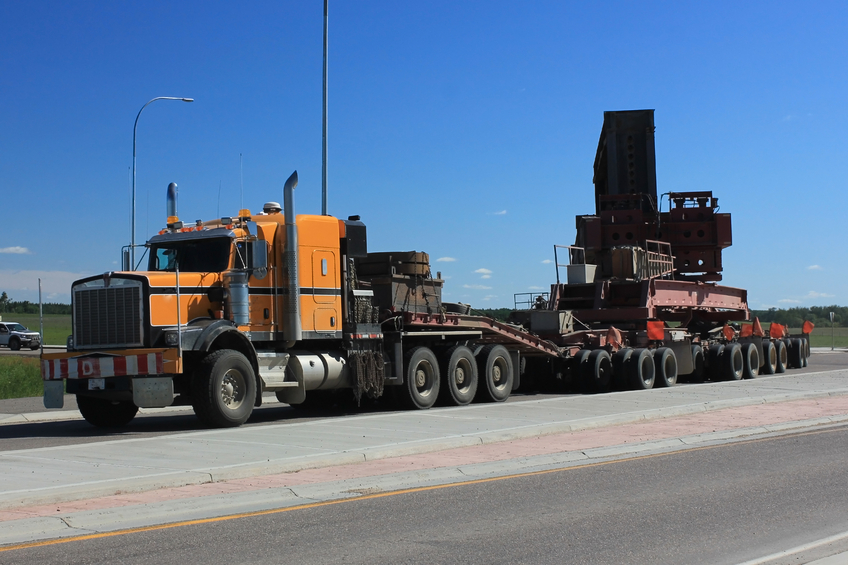
Driving down the highway, you’ve probably come across massive trucks carrying such heavy loads that you’re left amazed. These are not regular trucks carrying regular cargo. In fact, heavy load trucking is a subsection of the trucking industry that specializes in weights that are far too heavy for every day transport. As a result, they require a substantial increase in route planning and coordination, among many other things.
Heavy load trucking could be used to transport materials for turbines, a special project, water plants, or large power transformers. Coordinating this type of transport is done by professionals who have extensive training and work in dispatch. If this field—and this potential career path—is of interest to you, then you should check out these three things you’ll need to know about heavy load trucking.
1. Students in Dispatch Schools Might Know that Some Heavy Loads Require a Special Permit
Regular trucks are able to carry cargo up to a certain weight, at which point the laws change. Depending on the weight of the cargo, a special permit may be required. In Ontario, annual permits allow truck drivers to carry 63,500 kilograms of weight, have a length of 25 metres, and a height of 4.26 metres. The rules are different for special projects, because those are contractually signed and likely have more of an environmental impact. For those, a permit in Ontario allows trucks to carry weight of up to 70,000 kilograms with a length of almost 37 metres. Students completing their dispatch training in Toronto might know the documentation and process required to get these permits, and how to ensure that everything is in order so that the trucker can work effectively.

2. In Many Cases, Pilot Cars Will Be Necessary for Heavy Load Trucking
Oftentimes, trucks carrying these heavy loads will be escorted by pilot cars. In fact, in most cases, having this escort is a mandatory requirement for moving the loads at all. As students at dispatch schools know, pilot cars work in tandem with dispatchers and are an essential component to ensuring the safety of the truck, load, and other drivers on the road. They conduct a route survey to make sure that the truck will be able to pass through safely; they check the height of tunnels to make sure that the truck will be able to get by without incident; and they redirect traffic so that there is no confusion, anxiety, or panic on the road between regular drivers and the trucker.
3. Grads of Dispatch Schools Know that Planning Heavy Load Routes is Important
Dispatch training might teach students that it is important to pre-plan the routes for heavy load truckers. In most cases, this will be mandatory, as the type of permit granted to the trucker by the government will explain when and where they can drive. Regardless, a good dispatcher properly maps out the route beforehand to make sure that there are no obvious obstacles along the way. They also communicate any potential issues with the trucker beforehand so that the drive is both safe and efficient.
Are you interested in studying in a dispatching program in Toronto?
Visit Automotive Training Centre (ATC) for more information or to speak with an advisor!

